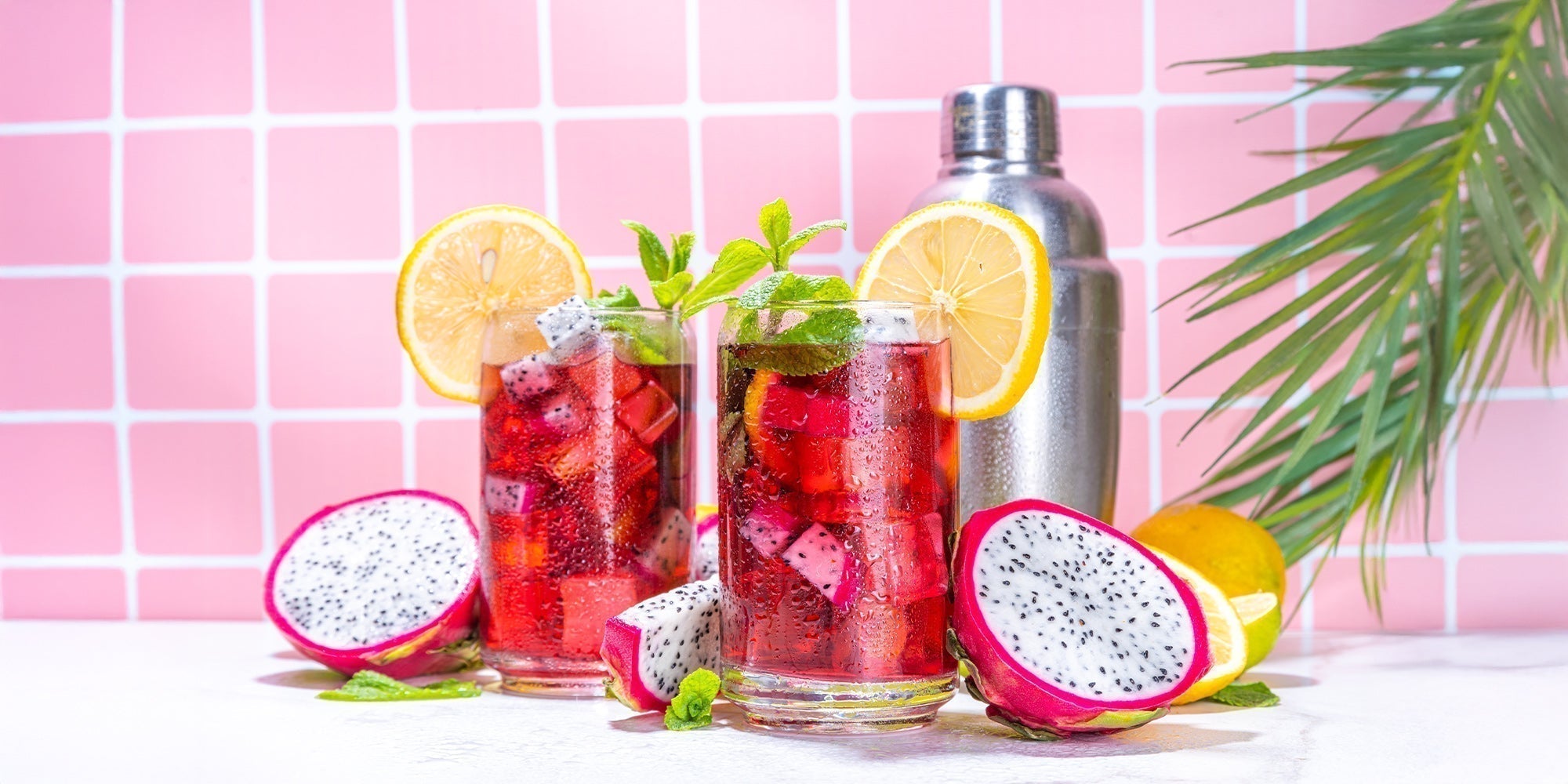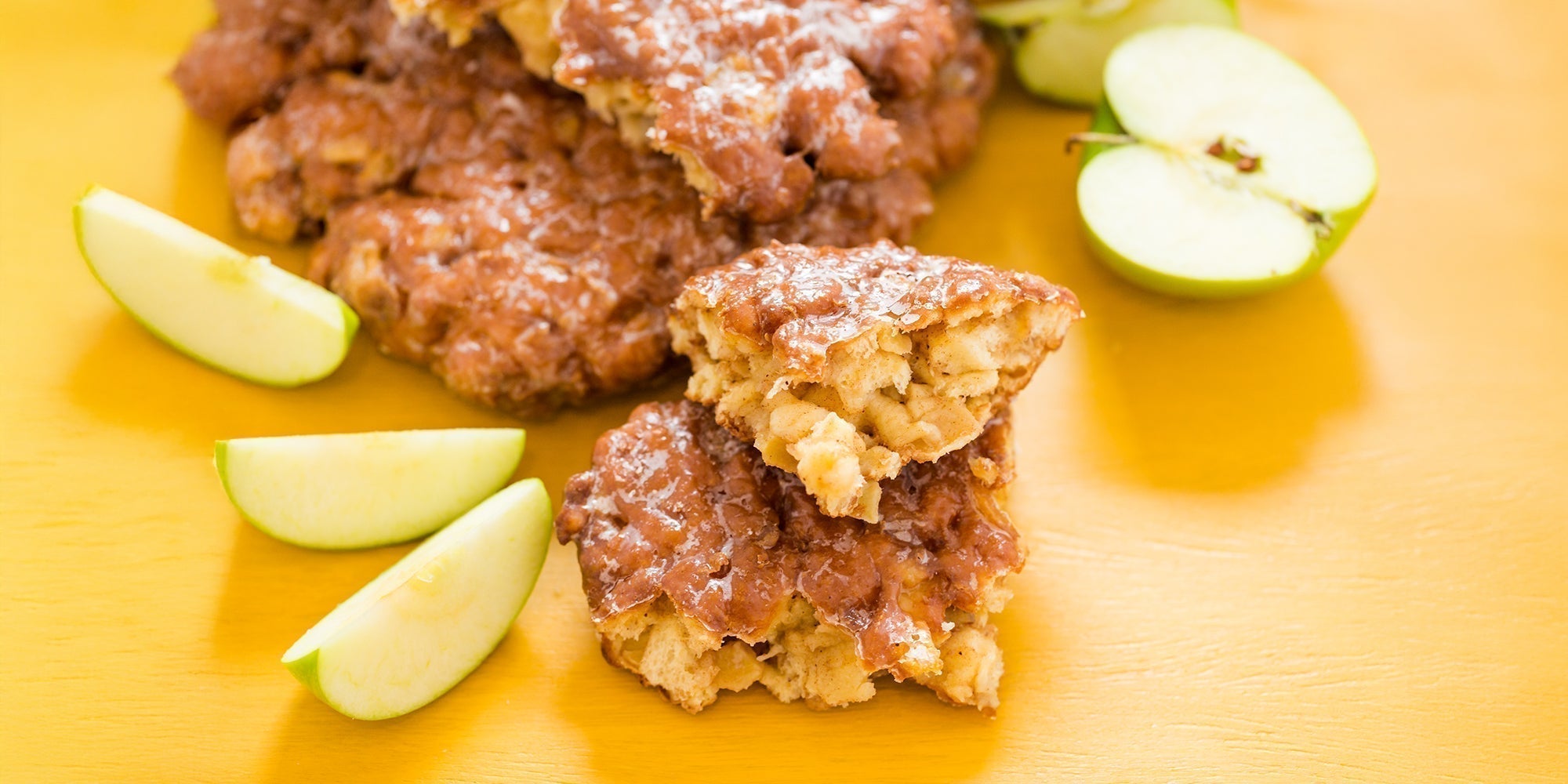Tips For Cooking With Olive Oil
If you're looking to cook up a storm in your kitchen on any occasion, there’s a good chance you’ll use some type of oil, whether it’s to garnish a salad or to sauté some onions. The unique and smooth flavor of Ice-Pressed Extra Virgin Olive Oil can make a big difference in the outcome of the dish, even when only adding a tablespoon or two. But when you purchase a bottle of olive oil, it’s important to keep a few key things in mind about the ingredient, like how many calories it adds, or how different oils affect health. So before you get started cooking with oil, here are some important tips!
All Oils Have the Same Number of Calories
Whether it’s coconut oil, vegetable oil, or extra virgin olive oil, they are all classified as fats and have nine calories per gram. Compared to carbohydrates or proteins, which only have four calories per gram, olive oil is much more calorie-dense. Even the “healthier” oils, like avocado oil, are still technically fats. So when you’re planning on preparing roasted veggies, consider beforehand how much oil and fat you want to add.
All Cooking Oils Are Not Equal
By far, if you’re cooking with an oil, extra virgin olive oil is the best for your health.
- This type of oil has a low rate of oxidation. The higher the oxidation rate, the higher amount of free radicals, which can react to damage cells that may lead to cancer.
- Using extra virgin olive oil can lower your LDL (bad cholesterol) levels and can increase your HDL (good cholesterol) levels.
- Extra virgin olive oil can help protect your skin with a polyphenol called hydroxytyrosol. This type of polyphenol can help reduce free radicals as well.
- Extra virgin olive oil also has beta carotene and vitamins A, E, D, and K, all of which help to promote a healthy body.
On the other hand, vegetable oil contains a significant amount of trans fats that are toxic and can lead to various diseases.
To Fry? Or Not to Fry?
Most of our readers will probably know that frying food isn’t the healthiest of choices. Even though it results in rather tasty food, it requires a larger amount of oil at high heat. Even pan-frying that uses less oil often requires a longer cook time, which allows the food to soak up the oil. So even if you are frying up Brussels sprouts, it still promotes damaging free radicals. Sautéing, meanwhile, uses a small amount of oil and the food can often be cooked in a shorter amount of time. Even if you are using extra virgin olive oil, you should use as little as possible.
Is Your Extra Virgin Olive Oil Fresh?
Before you start cooking, take a look at the expiration date of your oil. Just like any other food, over time it will go bad. As the oils are stored, it will oxidize and develop free radicals. When purchasing various types of oil, look for small darkened glass bottles that can be used up before they go bad. Store them in a cool, dry place.
But What does “Ice-pressed” Mean and Why is it Good?
Our Organic Ice-Pressed Olive Oil is pressed at temperatures 20-30x colder than traditional cold pressed olive oil. The near absence of heat allows our ice pressed olive oil to retain the highest quality of nutrients and taste, with no chemical interference. So if you’re sautéing vegetables, making bruschetta or caprese, or topping your mixed greens salad, use your bottle of Ice-Pressed Extra Virgin Olive Oil to get the most benefits and a delicious, fresh taste.

And don't forget to try MaryRuth's Raw Ranch Salad Dressing!




